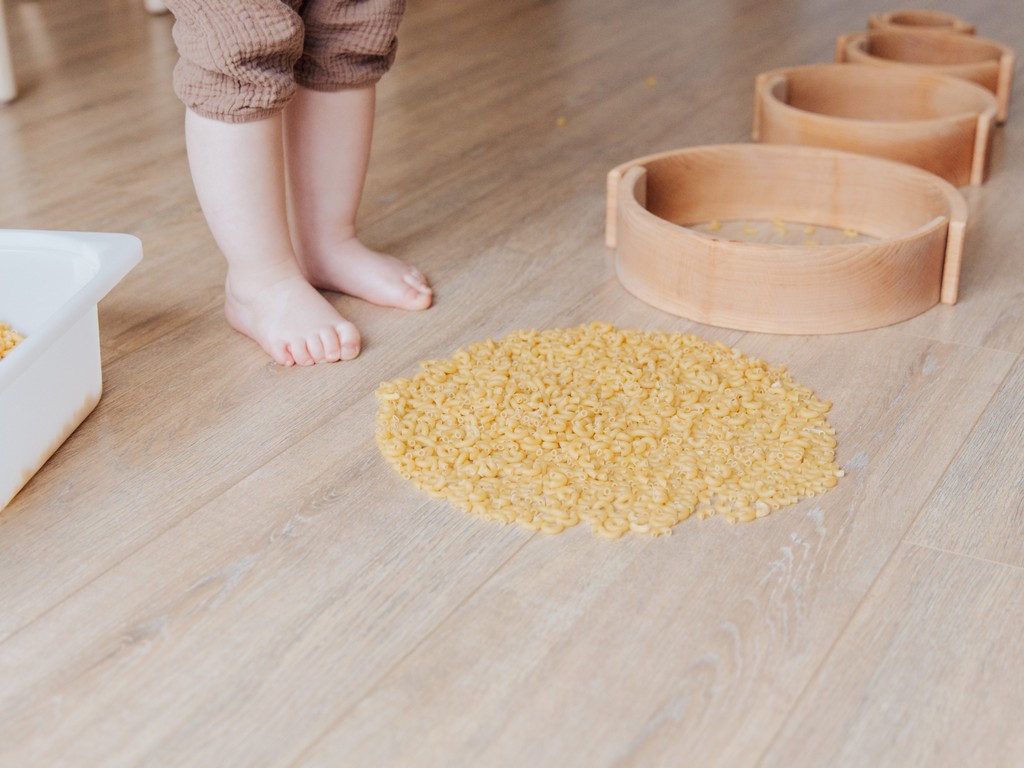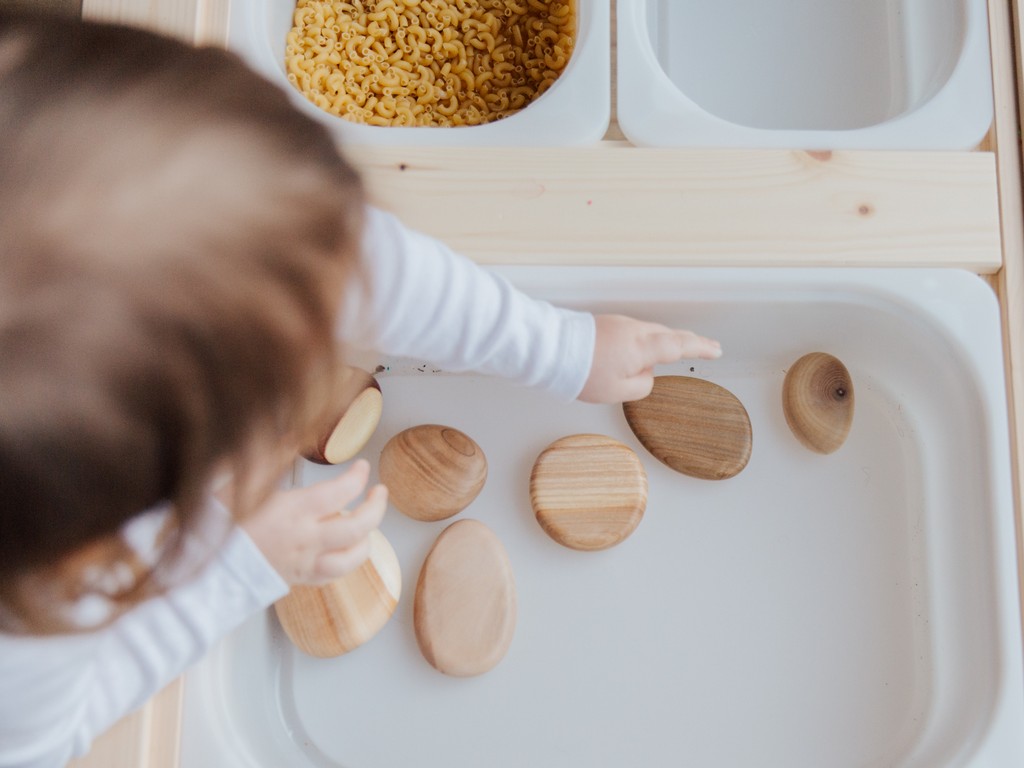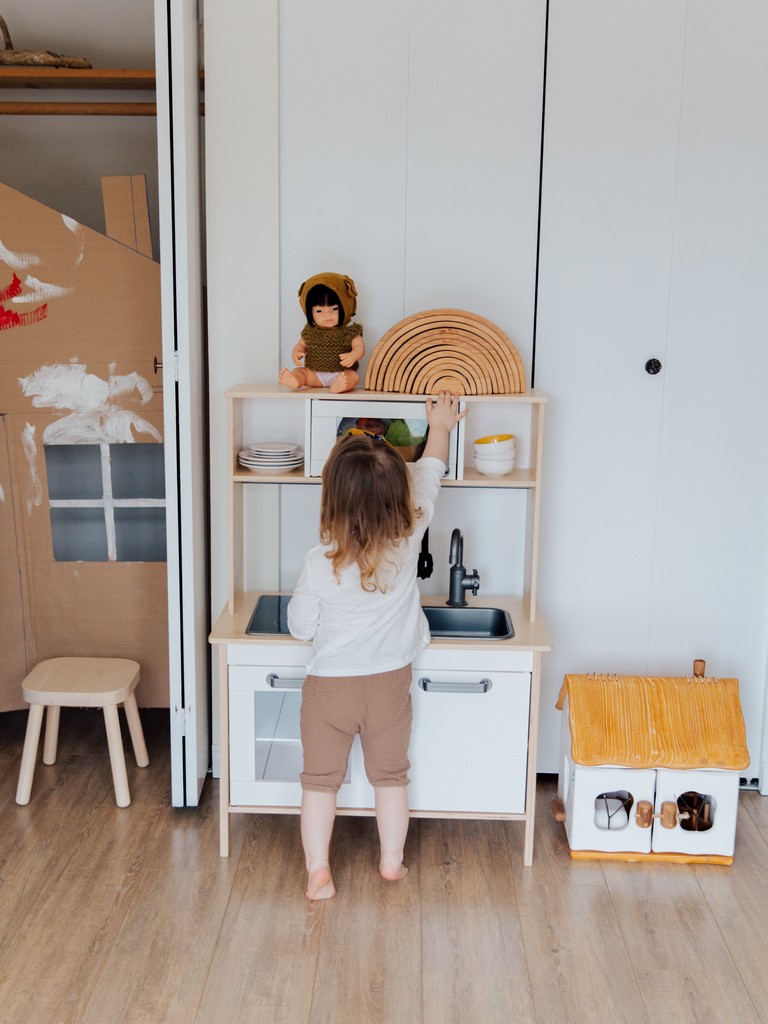The Role of Socialization in Montessori Education
When it comes to early childhood education, the Montessori education socialization is often underestimated. However, in the Montessori approach, socialization is seen as one of the most important aspects of the educational process.
The Montessori way of education is based on the principle that children are naturally curious and want to learn. This means that they are also social beings, who need to interact with others to develop fully.
Through socialization, children learn how to communicate, cooperate and share. They also learn about empathy and how to resolve conflicts. In other words, socialization is essential for the development of cognitive, emotional, and social skills.
In a Montessori classroom, children have ample opportunity to socialize with their peers. They work together on projects, play games and share snacks. There is also a lot of time for free play, where kids can explore their interests and learn to interact with each other.
Montessori education is not only about academic learning but also about preparing children for life in society. The socialization that takes place in the Montessori classroom is an important part of this preparation.
Overcoming Montessori Education Challenges for Your Child

As a parent, you want what is best for your child. You want them to be happy and to have all the opportunities in the world. But, you may be wondering if a Montessori education is the right fit for your child.
Montessori education can be an excellent option for your child, but it is not without its challenges. Here are some of the challenges you may face with a Montessori education, and how you can overcome them:
One of the challenges of Montessori education is that it can be very expensive. If you are on a tight budget, you may not be able to afford the tuition. However, there are ways to overcome this challenge. You can look for financial assistance or scholarships. You can also look for Montessori schools that have a sliding scale for tuition.
Another challenge of Montessori education is that it can be difficult to find a school in your area. If there are no Montessori schools in your area, you may have to travel a long distance to find one. You can also look into starting your own Montessori school.
Another challenge you may face is that your child may not adjust well to the Montessori environment. Montessori schools can be very different from traditional schools. If your child is having trouble adjusting, you can talk to their teacher. You can also try to find a Montessori school that has a trial period. This way, you can see if the Montessori environment is a good fit for your child before committing to it.
As you can see, there are some challenges associated with Montessori education. However, there are also ways to overcome these challenges. With some effort and research, you can find a way to make Montessori education work for you and your child.
The Pros and Cons of Montessori Education Compared to Traditional Education

There are many different types of educational systems out there, and each one has its own set of pros and cons. Today, we’re taking a look at the Montessori education system and comparing it to traditional education.
Montessori education is a child-centered approach to learning that was developed by Italian physician and educator Maria Montessori. In the Montessori classroom, children are free to move around and choose their activities, with the teacher acting more as a guide than a traditional lecturer.
There are many benefits to the Montessori method, including the fact that it encourages independent learning and critical thinking. Children in Montessori classrooms also tend to be more engaged and motivated than their traditional counterparts.
However, there are also some drawbacks to the Montessori method. For example, because the classrooms are more flexible and open-ended, they can sometimes be chaotic. Additionally, Montessori classrooms are often more expensive than traditional ones.
So, what’s the verdict? Is Montessori education better than traditional education? There’s no definitive answer, as each educational system has its advantages and disadvantages. Ultimately, it’s up to the individual child and family to decide what type of educational system is best for them.
The Impact of Montessori Education on Academic Achievement
There is no one answer to the question of whether or not Montessori education affects academic achievement. The answer depends on many factors, including the specific Montessori program, the quality of the teachers, the support of the parents, and the abilities and interests of the individual child. However, there is a great deal of research that suggests that Montessori education can have a positive impact on academic achievement.
One of the key aspects of Montessori education is its focus on socialization. Montessori classrooms are designed to foster cooperation and collaboration among students. This emphasis on socialization helps prepare children for the real world, where they will need to work with others to accomplish tasks.
In addition to socialization, Montessori classrooms also provide a rich learning environment. Montessori classrooms are filled with educational materials that are specifically designed to promote learning. These materials are carefully chosen to engage the interests of the students and to promote cognitive development.
The combination of socialization and a rich learning environment
The combination of socialization and a rich learning environment has been shown to have a positive impact on academic achievement. Studies have shown that Montessori students outperform their peers on standardized tests and in measures of critical thinking and problem-solving. Montessori students also tend to have higher levels of motivation and engagement in school.
It is important to note that not all Montessori programs are created equal. When choosing a Montessori school, it is important to look for one that is accredited by the Association Montessori Internationale. This accreditation ensures that the school meets high standards for both teachers and curriculum.
If you are looking for a school that will challenge your child academically and prepares them for success in the real world, a Montessori program may be the right choice for you. With its focus on socialization and its rich learning environment, Montessori education can have a positive impact on academic achievement.

Meet Helen, a passionate educator and Montessori expert with over 15 years of experience in the field. She holds a Bachelor’s degree in Education and a Master’s degree in Montessori Education. Helen’s love for the Montessori method began when she was introduced to it during her own childhood education. Since then, she has dedicated her career to promoting the Montessori approach as a way to help children develop their full potential. Through her work as a teacher, consultant, and writer, Helen has helped countless parents and educators understand and implement the Montessori philosophy in their own lives. Her articles and books have been published in various education journals and she has been invited to speak at conferences around the world. Helen believes that every child has the potential to thrive and that Montessori education provides the tools to make that happen.
